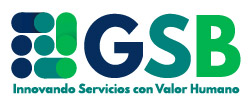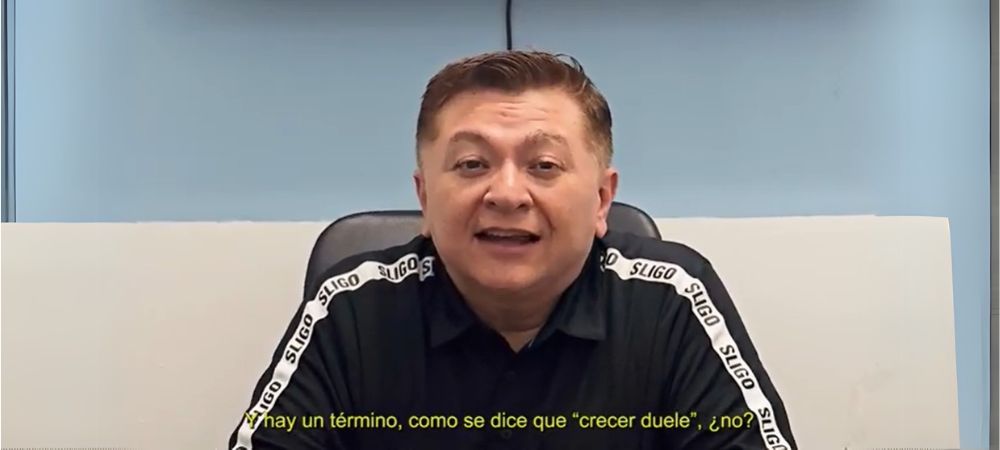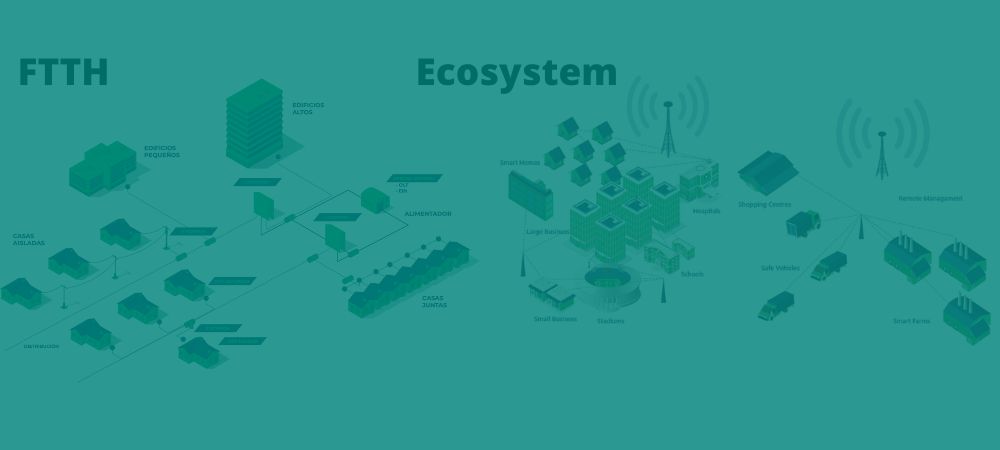By Nuria Aguiñaga Chiñas
Recruitment Support at GSB
When I was first looking for a job one of the scariest things was the uncertainty of not knowing what things I had to do or say in my job interviews and I was very concerned about being the ideal person that companies were looking for.
When I faced my first interview I was very nervous, I had studied the company I was applying to, I had studied some questions that had been recommended to me and I kept repeating to myself “don’t move your feet or bite your nails”, I went into my interview and it was not at all what I imagined. The recruiter was kind and I was fortunate that when I finished the interview she told me what things I could improve on when faced with these processes (not all recruiters are this kind).
 Their recommendations were very valuable and nurturing me also with the experience at GSB I wrote this list of what things I have learned on the fly not to do when you are in a selection process:
Their recommendations were very valuable and nurturing me also with the experience at GSB I wrote this list of what things I have learned on the fly not to do when you are in a selection process:
- Don’t arrive at your interview blank. Research at least the mission, vision and values of the place you are applying to (now you can find everything on the Internet), sometimes we don’t even share those three things with the companies and, as a consequence, our job becomes a martyrdom. Although it may seem like something you already know, study your CV because sometimes nerves betray you and you may omit important parts of your experience or preparation, or you may confuse some points with others. And finally, prepare some questions for your interview, imagine that the vacancy does not include the work area and in the interview the recruiter forgets to tell you (because it happens to us!), you do not ask and it turns out that the job is in the north and you live in the south … so always be clear about what else you want to know, just in case.
- Jeans and sneakers don’t always go with everything… every company, every profession and every workplace has its own dress codes, try to find out before your interview what would be the most appropriate way to dress to give a presentable image. The point is not to dress in a way that is uncomfortable, I assure you that if you prepare yourself with time you can find something that suits your tastes and the profile of each workplace. Avoid wearing sweatshirts, jeans, tennis shoes, casual t-shirts for your interview, since your image says a lot about you.
- Avoiding getting nervous is a lot to ask for, but you can find ways to not make it so noticeable… it is impossible not to get nervous, especially when we have our first interviews, but you can avoid biting your nails, dancing in your chair, laughing out of nervousness (if that is your case), eating chewing gum….. Sometimes it helps to take a deep breath before entering the interview, or to go to the bathroom and cheer yourself up in the mirror (believe it or not, it does help!).
- Make yourself comfortable but don’t be a joker… sometimes we deal better with nerves when we are ourselves even in environments that require us to be more solemn, so if you are a joker or very friendly you can use it to your advantage in an interview, but pooh-pooh! You should always be careful not to be rude or too bold with whoever is interviewing you. What you definitely need to avoid at all costs is the use of profanity, swearing or double entendres (try hard to find the words to say what you would say with profanity), flirting with your interviewer, calling someone by their first name if you notice it is uncomfortable for them, and physical contact that invades the other person’s personal space (please, just shake hands).
- Don’t tell lies! Many times we have heard stories of people who put a lie or two on their CV and nothing bad happened, or even got the job, however, I can tell you that it doesn’t look good at all. Imagine you stay in a position and you lied about the skills you have and promptly you are asked to do some of those things you lied about, what a problem! You will have to tell the truth and your bosses, supervisors and co-workers will probably stop trusting you and, in the worst case, fire you. In another scenario, it could be that no one knows about it, but when you have to do tasks that exceed your knowledge, you feel very frustrated and end up throwing in the towel. My recommendation is: trust what you know, you don’t have to be the best candidate for all vacancies because you don’t have to know everything, and you will surely find a place where they like what you know and also add to your knowledge.
- Do not forget to follow the instructions of what you are asked to do. Here’s an embarrassing anecdote: once I was given a test in a selection process and I very confidently skipped the instructions because it was a very obvious exercise (according to me), and I underlined the answers instead of circling them, imagine my embarrassment when I realized I couldn’t erase! At the end of this sad story, I didn’t stay in the position (of course), but they did give me feedback and their biggest recommendation was: FOLLOW THE INSTRUCTIONS.
In the end I realized that I was paying too much attention to the things I should be doing, and completely forgot about the things I shouldn’t be doing, which sometimes outweigh all the accomplishments and qualities on a CV.
It only remains for me to tell you that we all make mistakes in our selection processes (especially when you make your debut in the real world), and there will be recruiters who are more flexible than others, but you will notice that: if you prepare yourself, trust yourself and always arrive on time, you will soon find a job that is the perfect place to start or continue your professional career.




